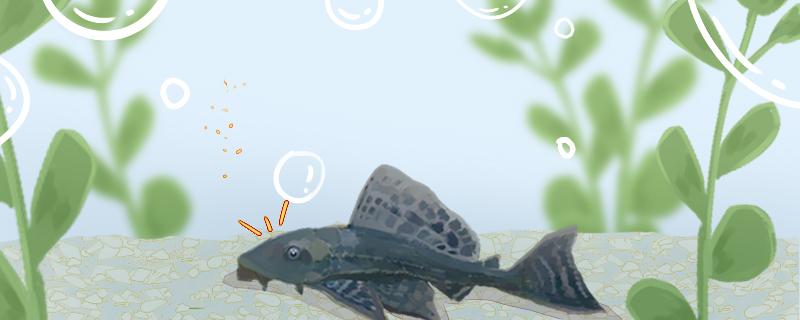 1. What should scavengers do if they can't eat fish food
1. What should scavengers do if they can't eat fish food Scavengers are all active in the lower layer. If breeders want them to eat fish food, they should choose some sinking feed. If it is a large pellet feed, it can be soaked in water in advance and crushed, so that it can sink to the bottom. If it is a thin piece of feed, you can wet the feed with water first, and then put it in the fish tank, so that they will slowly sink to the bottom and the scavenger can eat the feed. If you want them to eat some animal feed, you can prepare a long clip, hold the food and put it under the water. After the scavenger finishes eating, you can bring the clip up.
Scavengers are always active underwater, and usually eat some moss, algae, food residues and feces. Under normal feeding conditions, it is difficult to eat feed. Breeders should pay attention to feeding them at ordinary times to avoid malnutrition.
2. Will scavengers starve to deathScavengers starve to death, especially adult scavengers, whose appetite and body size become bigger, and the algae and moss in the fish tank can no longer satisfy them. If they are not specially fed with some food, they will probably starve to death. In addition, when scavengers are hungry, they will suck mucus from other fish, especially sick fish, so it is best for breeders to give them enough food, which can also ensure the safety of other fish.